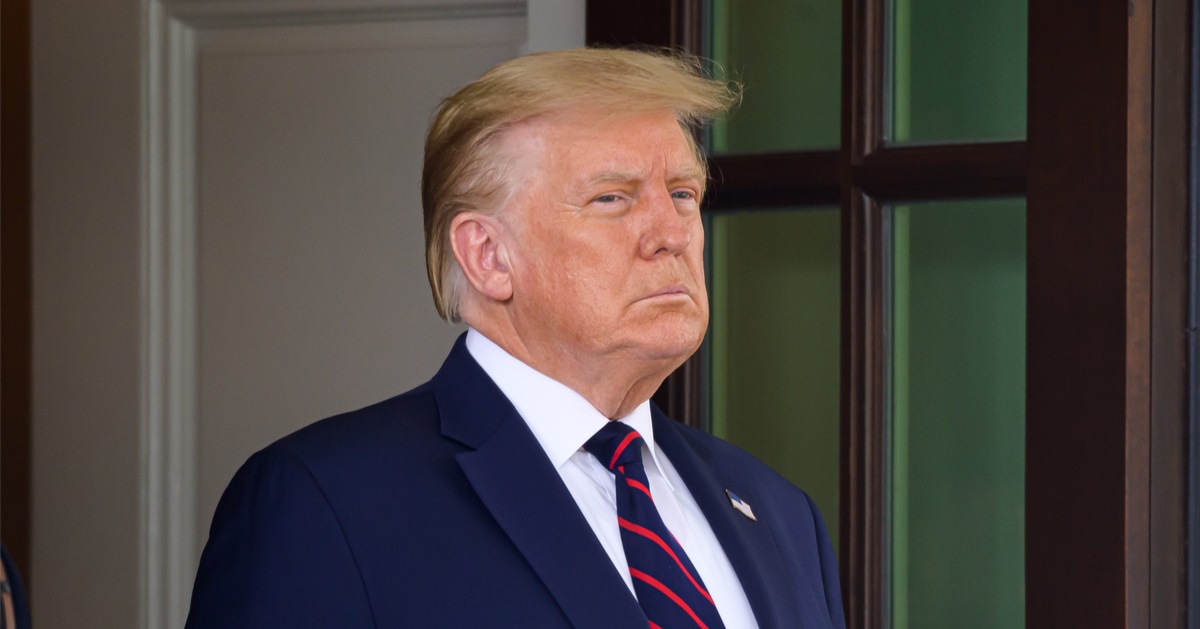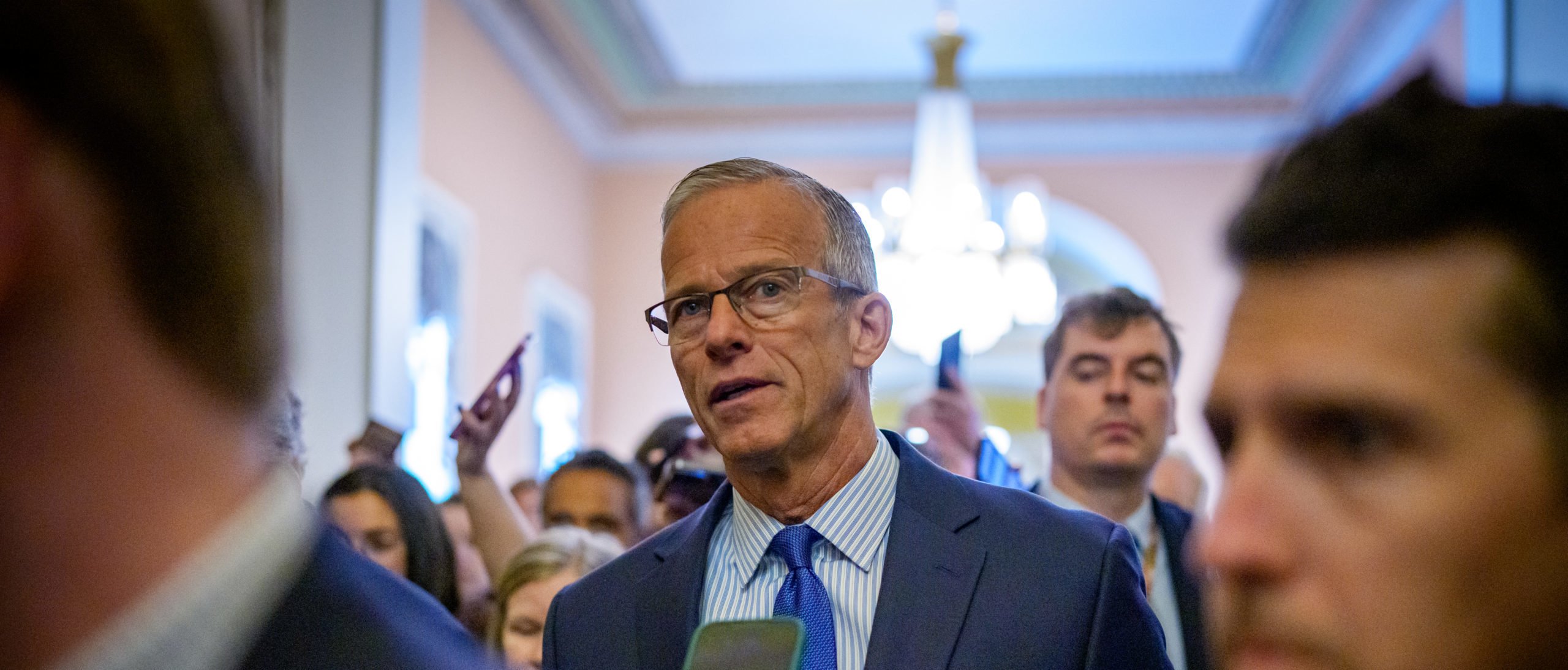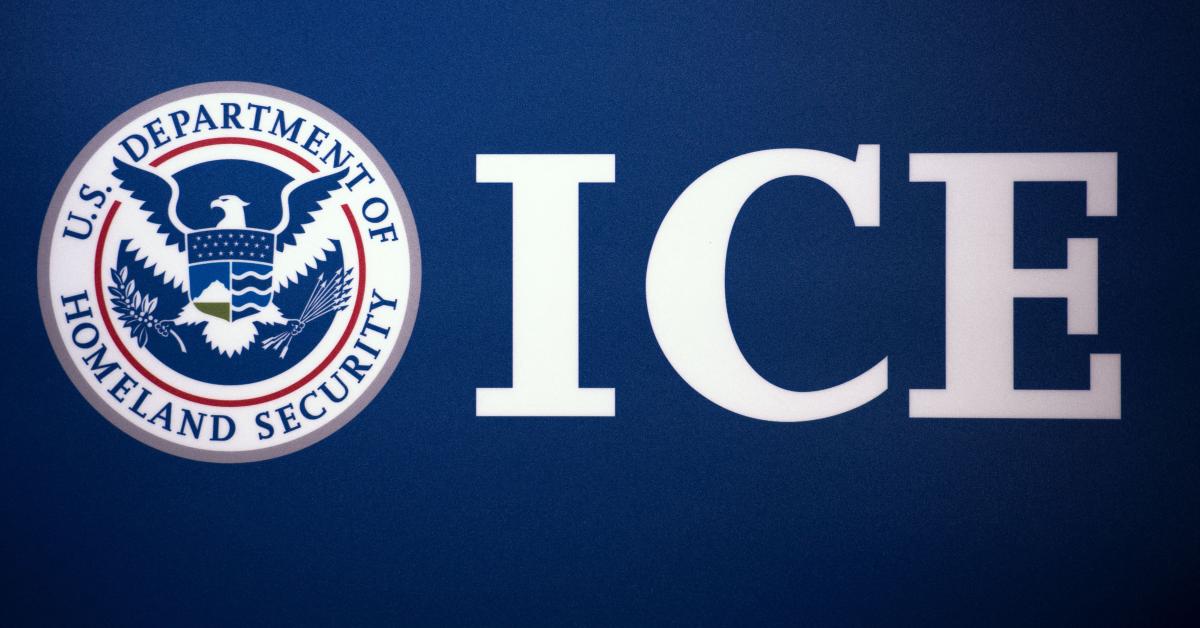Since taking office earlier this year, President Donald Trump has faced numerous challenges with his policy initiatives, with many being blocked by left-leaning judges. A recent example occurred when an appeals court refused to lift a block on his transgender military ban. This decision was delivered by the U.S. Court of Appeals for the Ninth Circuit, known for its liberal leanings.
The rejection was issued by a panel consisting of Judges Wallace Tashima, John Owens, and Roopali Desai. Breitbart highlighted that all three judges were appointed by Democratic presidents, raising concerns about potential bias. The decision has sparked debate about the neutrality of certain judicial appointments.
BREAKING: Appeals court rejects the Trump administration’s request to immediately enforce its anti-trans military ban. The Ninth Circuit panel’s denial of the DOJ’s request for an administrative stay has become a focal point for conservative criticism. This decision has drawn attention from various conservative media outlets like Fox News and Newsmax.
Judge Benjamin Settle, who initially blocked the ban, argued that the administration failed to demonstrate any issues stemming from former President Joe Biden’s policy. Biden’s policy allowed transgender individuals to serve openly in the military. Settle stated that the military’s claimed hardships were minor compared to those faced by transgender service members.
This decision was the result of a lawsuit filed by Lambda Legal and the Human Rights Campaign Foundation. These organizations represent seven active-duty transgender service members. The ruling was celebrated by these groups, who emphasized the distinguished service of transgender individuals in the military.
The ruling has intensified discussions about the power of district judges to issue nationwide injunctions. Many congressional Republicans are considering legislation to limit this authority. The debate over judicial reach is a significant point of contention between conservatives and liberals.
In a January executive order, President Trump asserted that transgender individuals cannot meet the military’s stringent standards. The order emphasized the importance of maintaining a truthful and disciplined lifestyle. Trump’s stance reflects a belief in traditional military values and structures.
The executive order further stated that adopting a gender identity inconsistent with one’s biological sex conflicts with military principles. The president’s directive underscored his administration’s focus on maintaining order and discipline in the armed forces. This perspective aligns with the views of many conservatives who prioritize military readiness.
Critics of the block argue that it undermines the president’s authority as commander-in-chief. They contend that the ability to set military policy should rest with the executive branch. This clash between the judiciary and the presidency is not new, but it remains a significant issue.
Supporters of the block argue that it protects the rights of transgender individuals serving in the military. They view the injunction as a necessary step to ensure equality and non-discrimination within the armed forces. This perspective, however, is at odds with the administration’s goals.
The ongoing legal battle highlights the deep divisions in American society over transgender rights. It also underscores the contentious nature of policy-making in a polarized political environment. The case has attracted national attention and will likely continue to be a topic of heated debate.
Conservative commentators have criticized the Ninth Circuit for its perceived liberal bias. They argue that its decisions often reflect political motivations rather than legal principles. This viewpoint is shared by many who support the president’s policies.
The decision by the Ninth Circuit has prompted calls for reform within the judicial system. Some conservatives advocate for measures that would limit the power of certain courts. These proposed changes are part of a broader effort to ensure a more balanced judiciary.
The administration’s legal team is expected to continue challenging the injunction. They aim to secure a ruling that supports the president’s military policy. This ongoing legal struggle reflects the broader political battles of the era.
As the debate continues, the role of the judiciary in shaping policy remains a contentious issue. The balance of power between different branches of government is at the heart of this discussion. It is a debate that resonates deeply within the conservative movement.
The case is set to proceed through the legal system, with both sides preparing for a protracted battle. Each development in the case will be closely watched by political analysts and the public alike. This legal conflict is emblematic of the broader cultural and political divisions in the country.




As long as the US accept foreigners to act as judges criminality will go on raise. They don’t care about the country or it´s people or the safety of the country, their main objective is to undermine and destroy the country. Beware see what´s happening in European country´s.